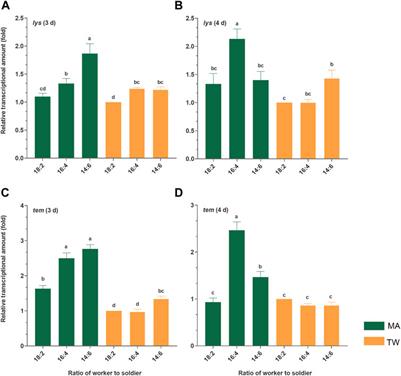EDITORIAL
Published on 25 Oct 2022
Editorial: Advances on the physiology and cell Biology of invertebrate parasites
doi 10.3389/fphys.2022.1066273
- 701 views
4,032
Total downloads
15k
Total views and downloads
EDITORIAL
Published on 25 Oct 2022
ORIGINAL RESEARCH
Published on 09 Sep 2022

ORIGINAL RESEARCH
Published on 26 Aug 2022

ORIGINAL RESEARCH
Published on 06 Jun 2022

ORIGINAL RESEARCH
Published on 11 Apr 2022

ORIGINAL RESEARCH
Published on 24 Jan 2022
